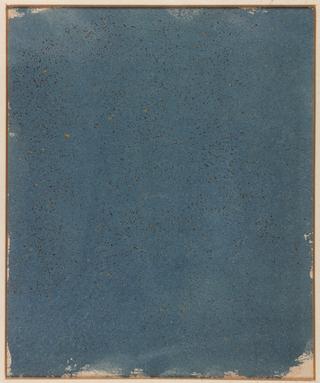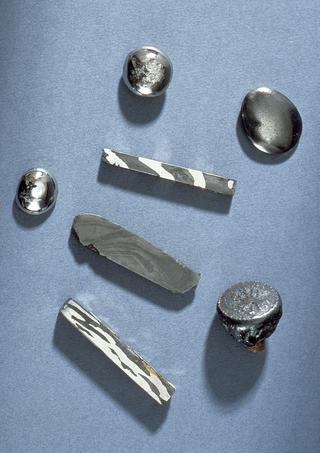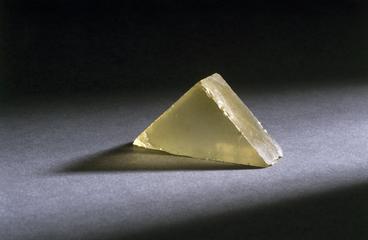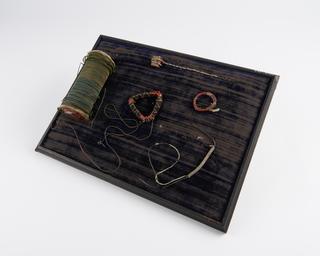


Experimental steel alloys made by Michael Faraday (1820-1824)
1820-1824

Specimen of optical glass containing "borosilicate of lead" prepared by Faraday
1824-1830

Five experimental coils used by Faraday, 1820-1850
1821-1850
Letter 1853 May 31
1853
[Letter] 1822 May 26
1822
Letter 1837 Jul 13
1837
Faraday Samples, Benzene and Perchlorethane, 1825-1867
1825-1867
Faraday's induction ring (replica), 1831
1831
Letter 1863 Jun 29 [to his nephew] Malcolm [Giles], M. Faraday
1863 Jun 29
Letter, 1824 Mar 19
1824